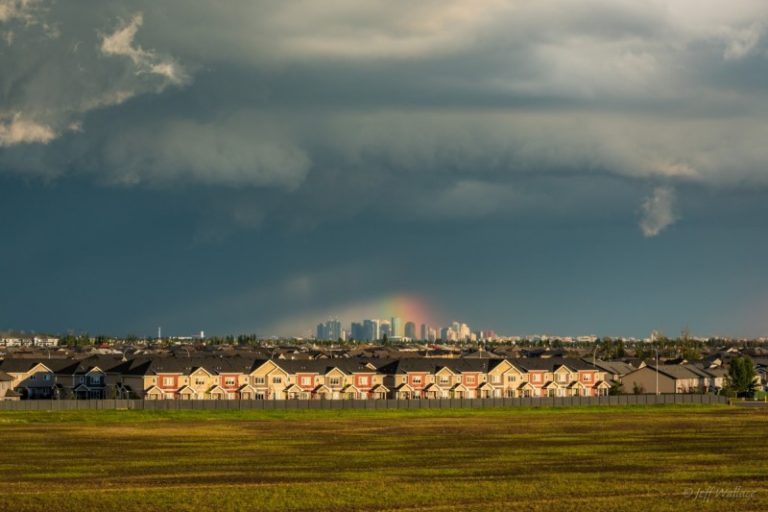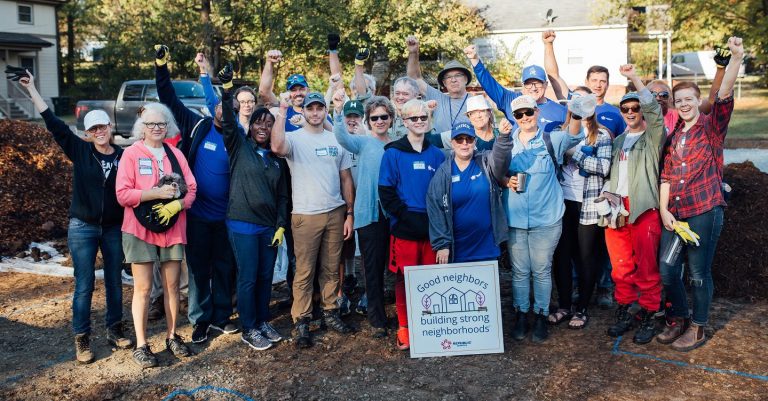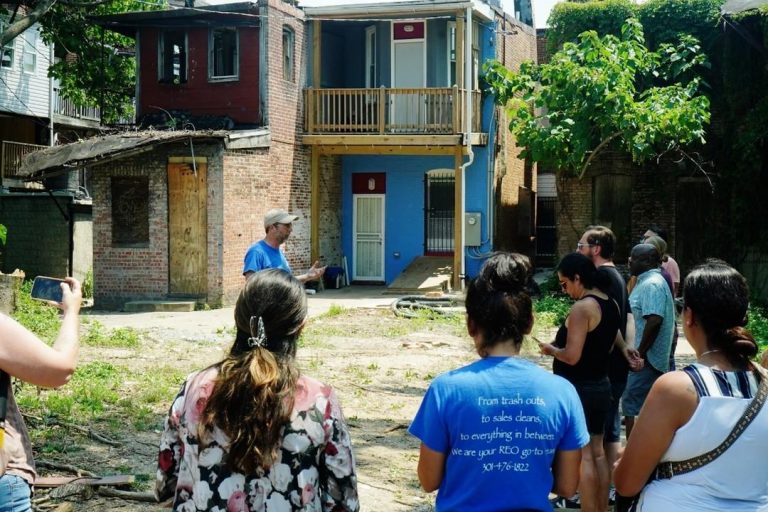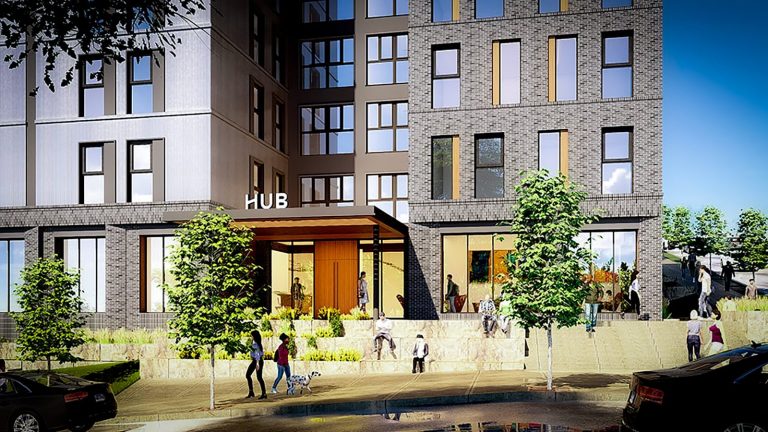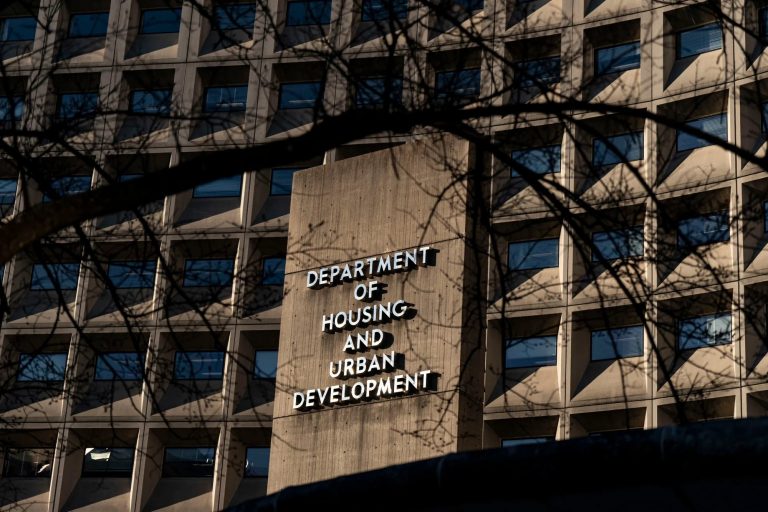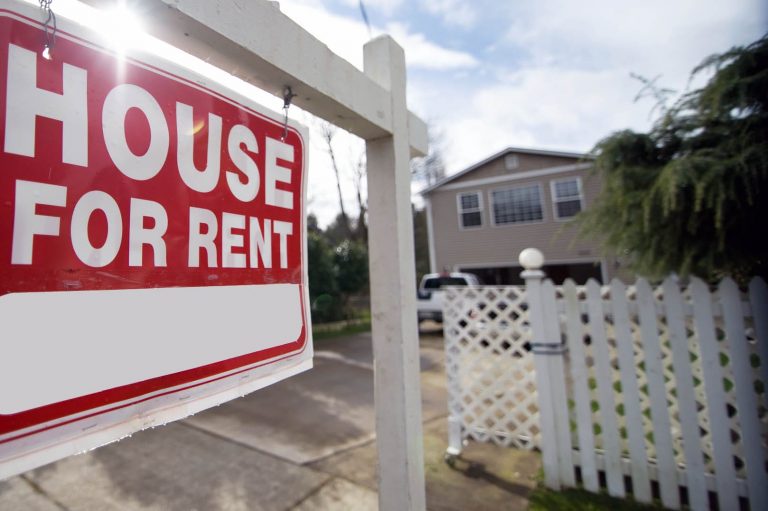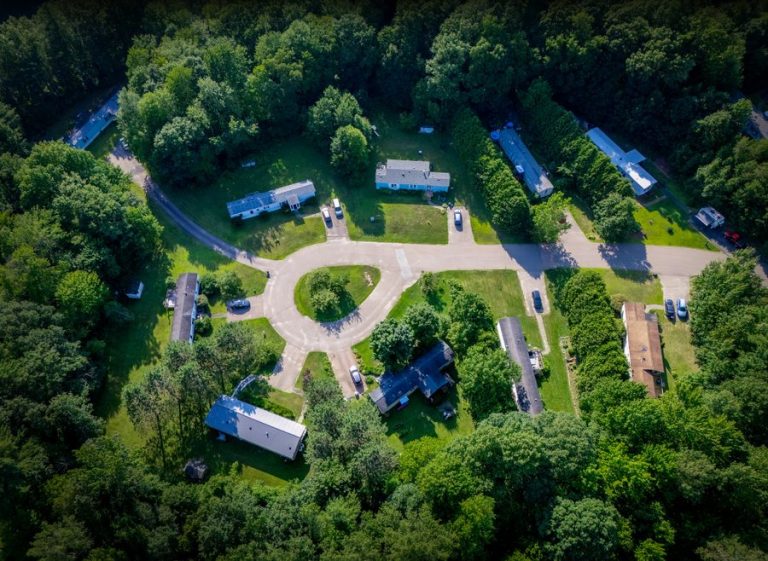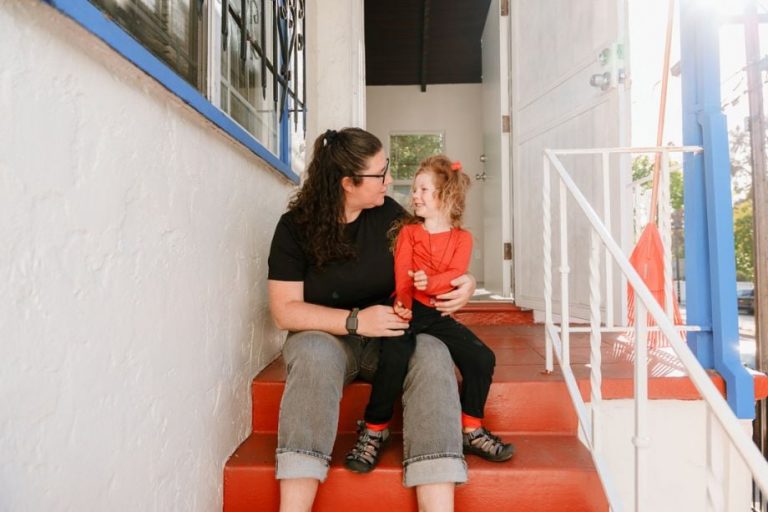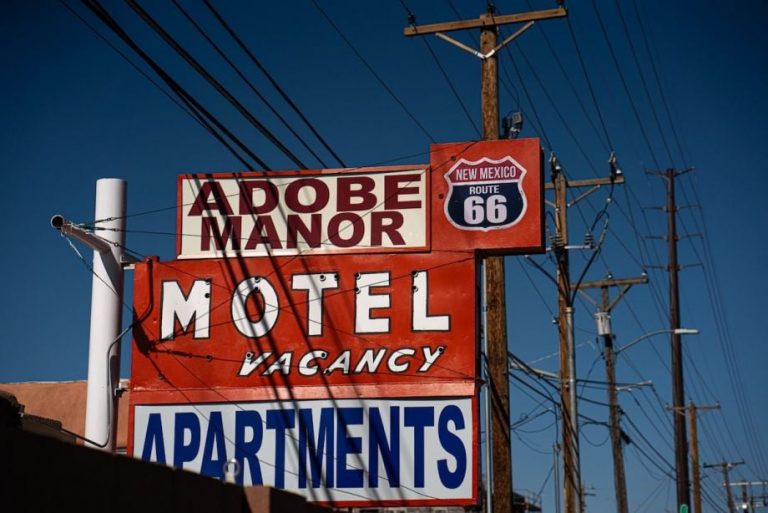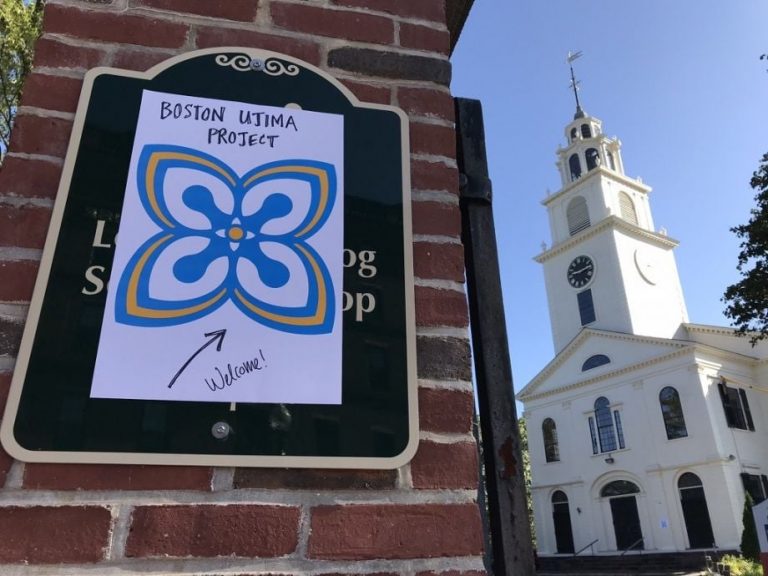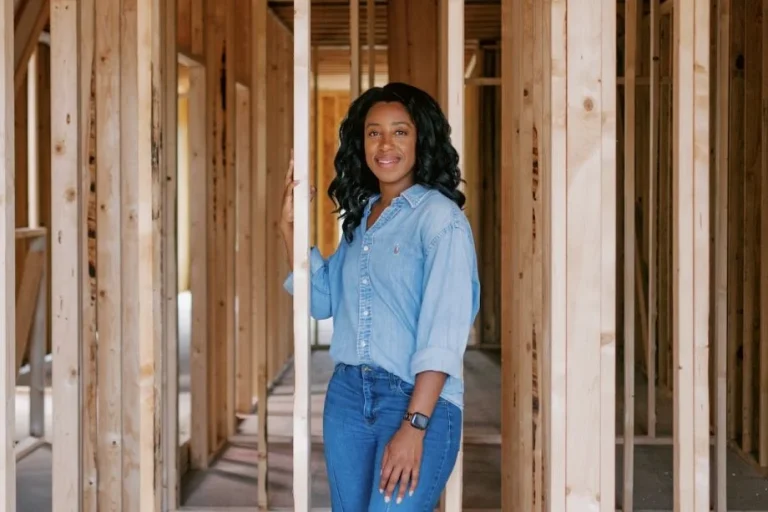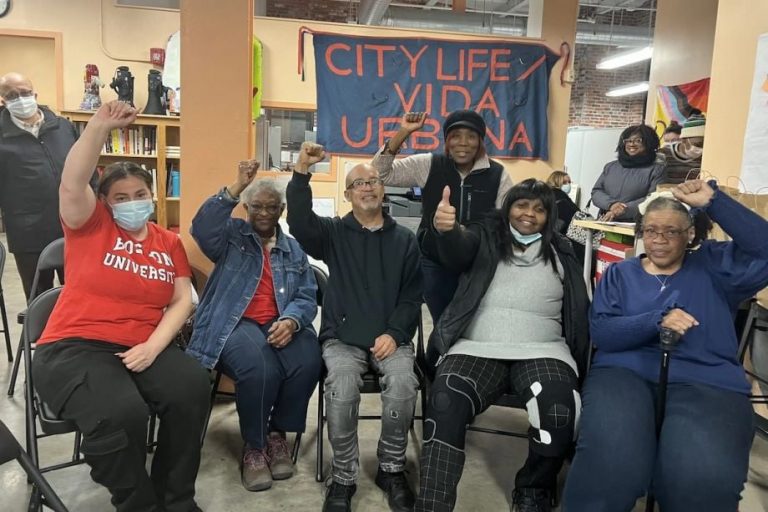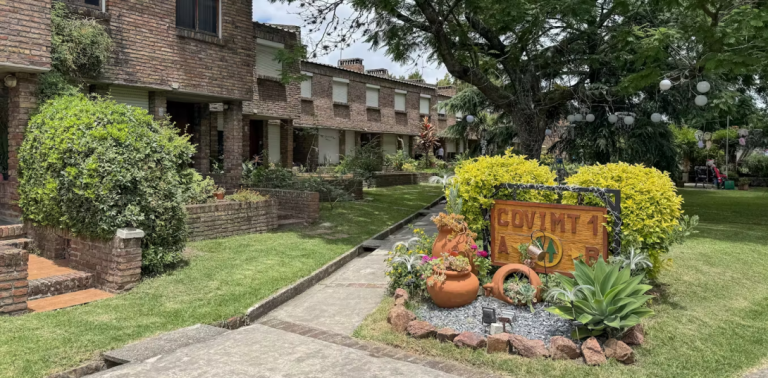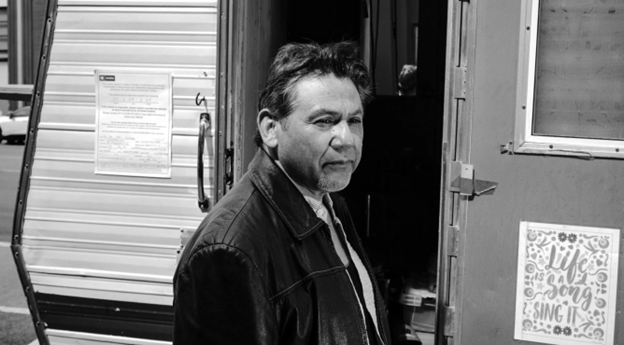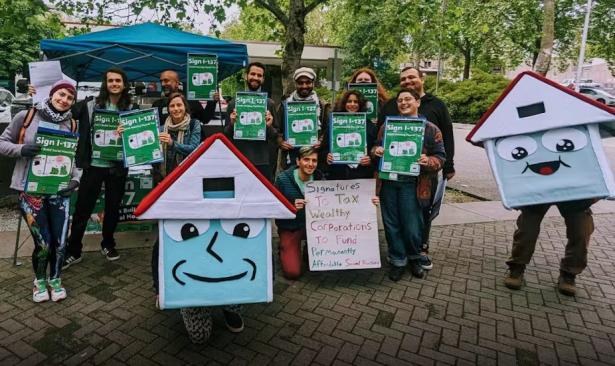Canada Has Become A Hostage Of Its Own Housing Bubble
At the beginning of the millennium home prices began rising faster than incomes. As time went on, housing became less and less affordable. When the global financial crisis hit in 2008 real estate values continued their rapid growth even as markets crashed in the United States and Britain. For a quarter-century rising housing costs outpaced wages, pricing out generations of Canadians and pushing thousands into homelessness.
What would it take for home-price-to-income ratios to return to the level of the early aughts? What would need to happen for housing to become affordable again?

